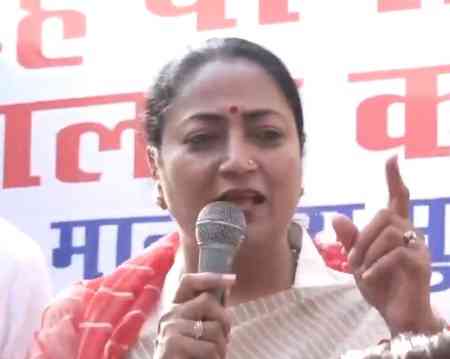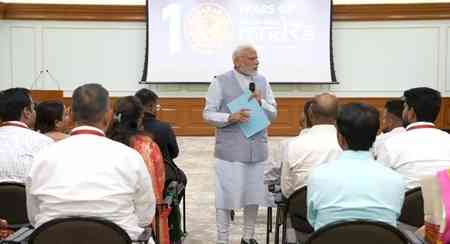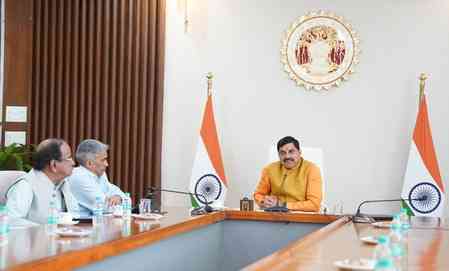State employees face unprecedented challenges under current state government, Claims BJP Spokesperson
The Bharatiya Janata Party (BJP) has levelled serious accusations against the incumbent state government, alleging a period of unprecedented difficulty for state employees during its 14-month tenure.

Dharamshala, February 10, 2024: The Bharatiya Janata Party (BJP) has levelled serious accusations against the incumbent state government, alleging a period of unprecedented difficulty for state employees during its 14-month tenure.
Sanjay Sharma, the state spokesperson for the BJP, articulated concerns over several unresolved issues plaguing the workforce, including the non-payment of pending Dearness Allowance (DA) and arrears, leading to frequent protests and strikes for basic demands.
According to Sharma, the government's failure extends beyond its inability to address the financial grievances of its employees. Promises of job creation, highlighted by a commitment to provide one lakh jobs as declared in the first cabinet meeting, have fallen short, with even the Selection Commission's results pending, let alone the fulfillment of job vacancies. This inaction, as Sharma pointed out, has led to a blatant disregard for the Supreme Court's orders to declare these results, further questioning the government's accountability and effectiveness.
The situation on the ground reflects growing discontent among various sectors. Employees of the State Municipal Corporation (SMC) are reportedly striking regularly for better wages, adversely affecting students and the general public reliant on their services. Similarly, Zilla Parishad cadre employees and workers from other departments find themselves compelled to protest for their rights, signaling a widespread dissatisfaction that threatens to stall state development.
Electricity Board employees are among those severely affected, with delayed salaries prompting strikes and a profound sense of betrayal over being excluded from the Old Pension Scheme (OPS), despite government assurances of its provision to all state employees.
The education sector is not spared either, suffering from over three hundred vacant principal positions, a glaring neglect by the government that contrasts sharply with its professed commitment to education quality. The tourism sector, too, echoes these challenges, with employees struggling due to irregular salary payments, thereby impacting their livelihoods.
Sharma's critique paints a grim picture of an administration adopting what he describes as an "anti-employee" stance, suggesting that the repercussions of such governance will be felt in the upcoming Lok Sabha elections, as employees and their families express their disillusionment and demand accountability.
The unfolding scenario calls for urgent attention and remedial action by the state government to address the grievances of its employees, ensure timely payment of dues, and fulfill its employment promises, thereby restoring faith in its governance.


 Arvind Sharma
Arvind Sharma 








